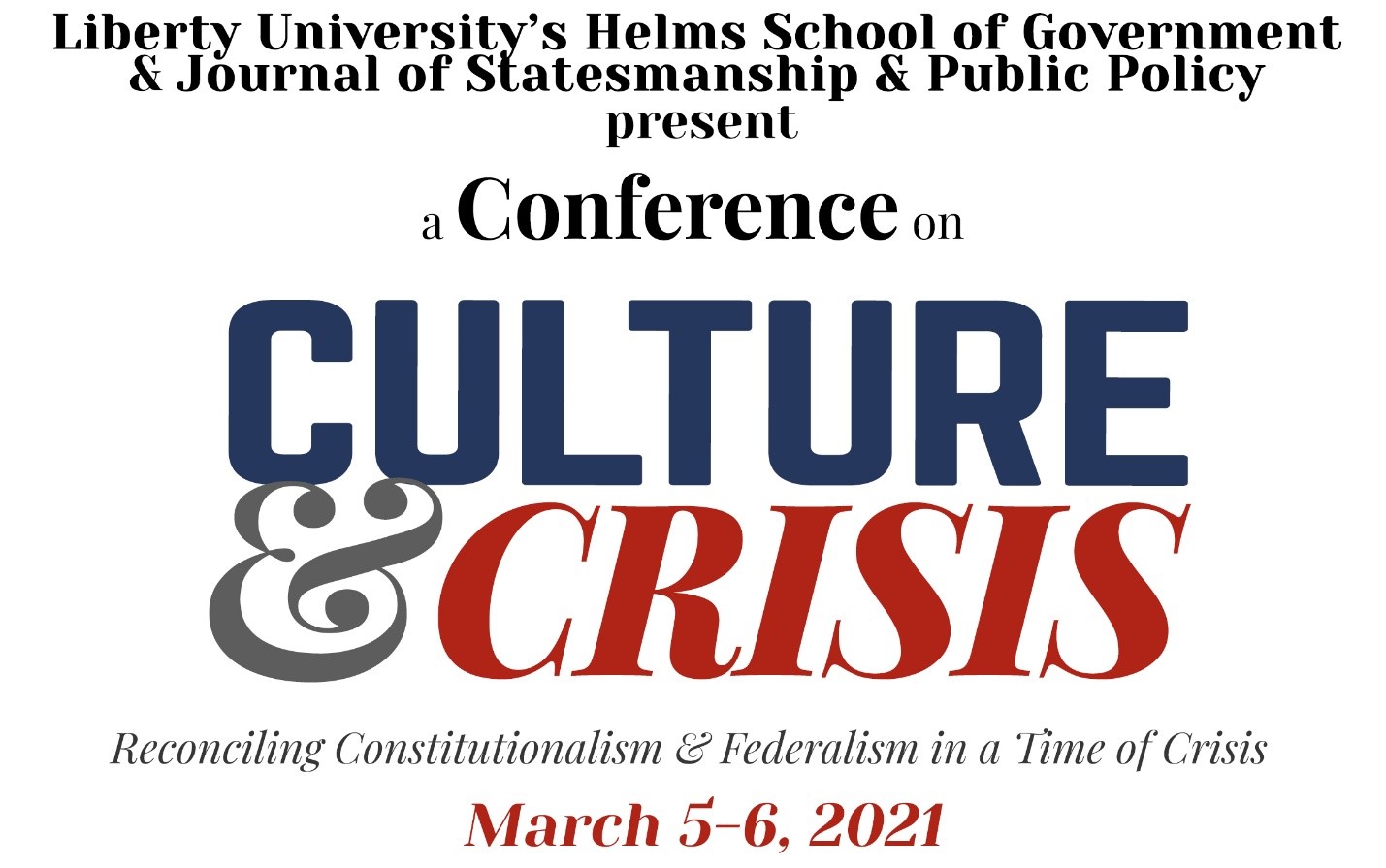Level of Education
Doctoral
Keywords
Federalism, public policy
Abstract
Federalism is questioned in many public policy areas where the government imposes extensive regulations over state and local governments. In the field of education federalism specifically, the government has increasingly pushed boundaries both vertically with state and local governments over grant money and horizontally with the different branches of government. This paper will start by discussing the push and pull of education federalism when it comes to federal programs and the executive branch and their initiatives. This paper will also address school choice. School choice is a movement that is growing in momentum as educational needs are not being met by government systems. Parental insight into school choice is changing education federalism significantly and government jurisdiction will become less relevant as parental choice increases. This paper will investigate the school choice movement and how education federalism plays a role in facilitating such movement. This paper will then discuss a biblical worldview behind more localized control of education policy and biblical support for the school choice movement. In the end, this paper will provide support for the need for education policy to be the responsibility and jurisdiction of state and local government. It will also discuss a Christian worldview of school choice and why it is important to give parents the option to choose what kind of education their children will receive based on the Tenth Amendment. Finally, by looking at the relevant literature on this topic, one can infer that ultimately the states and parents should have the greatest control of school choice due to the diverse needs of each individual state and student and to limit federal coercion. Whereas all these resources and research discusses education federalism and various aspects in regard to school choice, this paper’s research is a synthesis on why it is important for states and parents specifically to have control over education policy versus the federal government. This paper bridges the gap between education federalism and the school choice debate. It also presents this issue from the viewpoint of the Tenth Amendment and why certain powers should be left to the states and respectively the people (parents).
Education Federalism and School Choice
Federalism is questioned in many public policy areas where the government imposes extensive regulations over state and local governments. In the field of education federalism specifically, the government has increasingly pushed boundaries both vertically with state and local governments over grant money and horizontally with the different branches of government. This paper will start by discussing the push and pull of education federalism when it comes to federal programs and the executive branch and their initiatives. This paper will also address school choice. School choice is a movement that is growing in momentum as educational needs are not being met by government systems. Parental insight into school choice is changing education federalism significantly and government jurisdiction will become less relevant as parental choice increases. This paper will investigate the school choice movement and how education federalism plays a role in facilitating such movement. This paper will then discuss a biblical worldview behind more localized control of education policy and biblical support for the school choice movement. In the end, this paper will provide support for the need for education policy to be the responsibility and jurisdiction of state and local government. It will also discuss a Christian worldview of school choice and why it is important to give parents the option to choose what kind of education their children will receive based on the Tenth Amendment. Finally, by looking at the relevant literature on this topic, one can infer that ultimately the states and parents should have the greatest control of school choice due to the diverse needs of each individual state and student and to limit federal coercion. Whereas all these resources and research discusses education federalism and various aspects in regard to school choice, this paper’s research is a synthesis on why it is important for states and parents specifically to have control over education policy versus the federal government. This paper bridges the gap between education federalism and the school choice debate. It also presents this issue from the viewpoint of the Tenth Amendment and why certain powers should be left to the states and respectively the people (parents).



